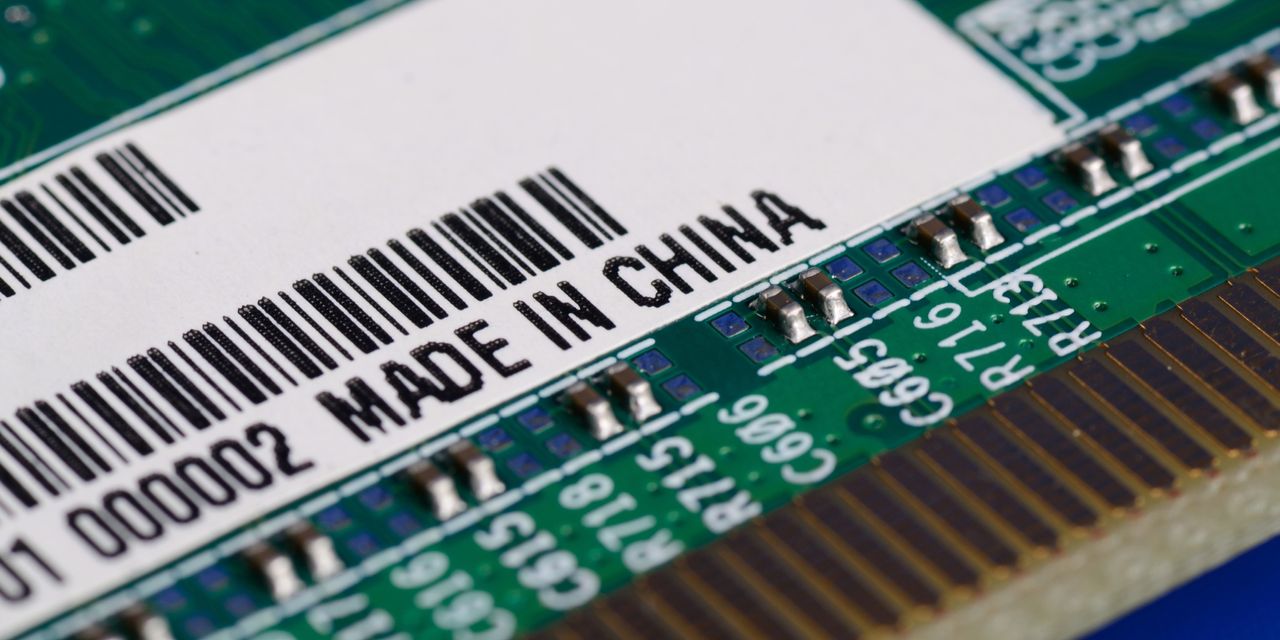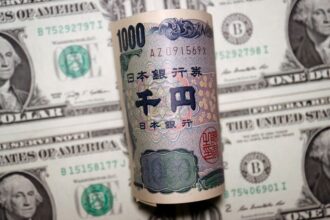The U.S. is trying to stop China from developing the most advanced semiconductors.
Dreamstime
The recent tensions between China and the U.S. over semiconductor production are part of a broader trend that could “substantially” lower world prosperity, the International Monetary Fund says.
The U.S. has passed laws to bring semiconductor production back inside the country and prevent companies from manufacturing or developing cutting-edge chips in China. It’s encouraging allies to do the same, as evidenced by Japan’s move last week to restrict chip manufacturing equipment sales to China.
It amounts to barriers to foreign direct investment. It’s happening in several areas as “friend-shoring” supply chains–keeping production at home or only in trusted countries–becomes more popular. That fragmentation will ultimately crimp economic output, the IMF said.
Barriers to investing in foreign countries “could substantially reduce global output, by about 2% in the long term,” the IMF said in its latest World Economic Outlook. Emerging markets will probably be hit harder than more developed economies, the report said.
The IMF paper comes as French President Emmanuel Macron and European Commission President Ursula von der Leyen travel to Beijing to meet China’s leader Xi Jinping. Relations between China and the West have been strained by Russia’s invasion of Ukraine last year, which China has never condemned.
Write to Brian Swint at [email protected]
Read the full article here










